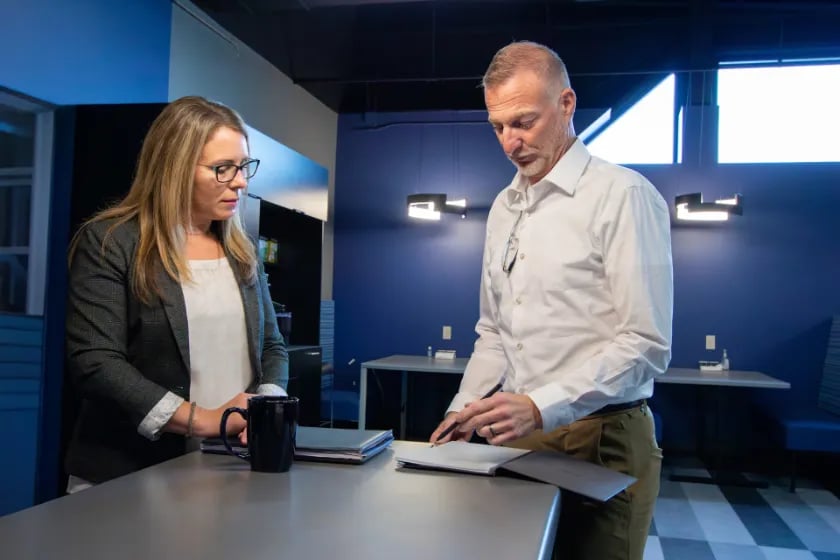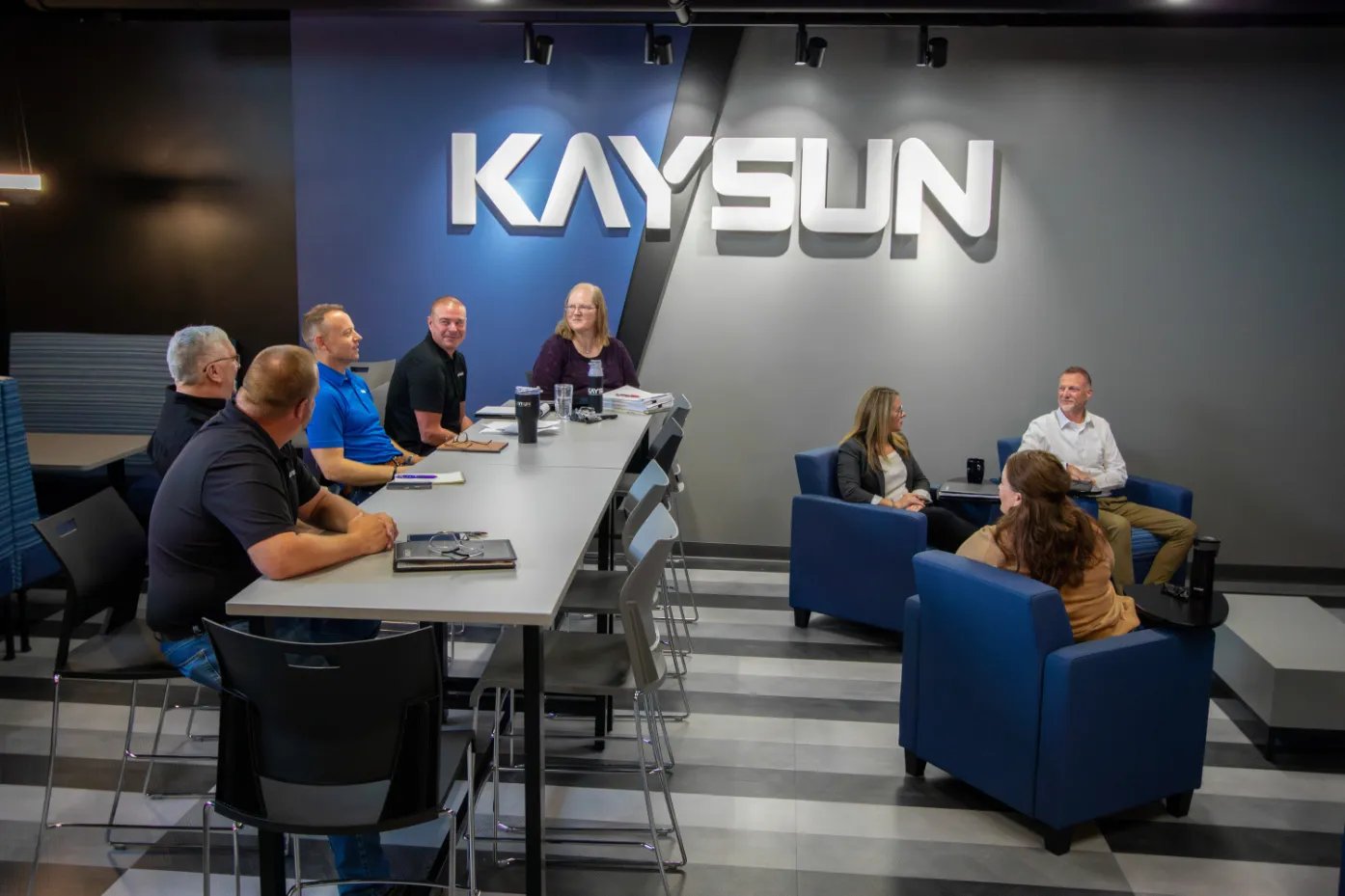
Kaysun customers work with us
because we are the preferred name in injection molding for complex applications. Our team, expertise, and our belief that even the toughest challenges have solutions provide the foundation for a trusted partnership.
Kaysun customers stay with us
because we don’t limit ourselves. If we see an opportunity to provide value to the partnership and our customers, we’ll make it happen — whether or not it falls within the scope of what an injection molder is “expected” to do. Just ask the OEM that brought over a tool and program from one of our competitors. We didn’t back away or refuse the work because it started elsewhere. We accepted the challenge and got the customer what they needed. Period.

Deep Commitment
There is no lipservice in a Kaysun partnership. We are committed to serving every customer, every day to the best of our ability and in their best interest. It’s our responsibility, our promise, and our privilege.
Seamless Customer Support
With nearly a century of injection molding experience behind the Kaysun name, we are practiced in taking a holistic approach to a program and delivering individualized results. We work with intention, focused on providing seamless customer support at every touch point.

Winning the Day
Strong partnerships are based on strong teams. Kaysun invests in the continuous improvement of each team member so they are equipped and empowered to do what’s right on behalf of our customers in every situation. We call it winning the day. You’ll call it indispensable.
What Our Customers Say

Does your company fit our ideal customer profile?
Complete the form to request a free consultation with our plastic engineering experts.
